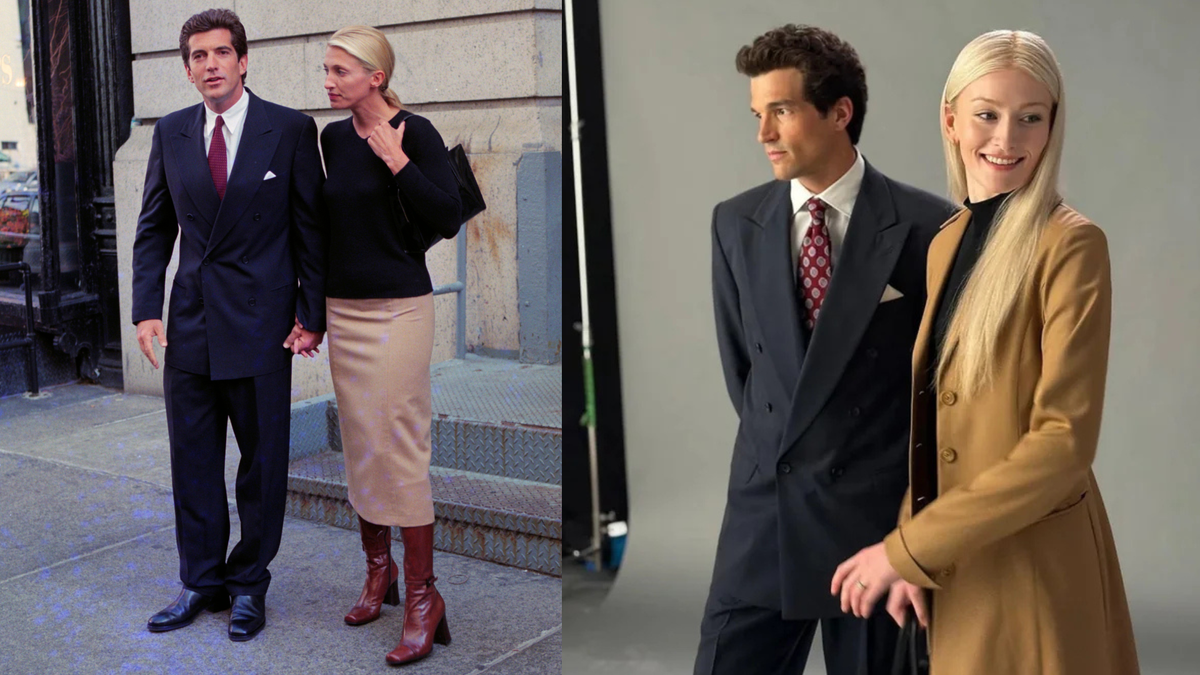
American Love Story: A Stylistic Betrayal of Carolyn Bessette-Kennedy’s Iconic Fashion Legacy?
Ryan Murphy’s “American Love Story,” chronicling the relationship of John F. Kennedy Jr. and Carolyn Bessette-Kennedy, has sparked intense backlash due to its perceived misrepresentation of Bessette-Kennedy’s iconic minimalist style. This article explores the controversy, examining the expectations surrounding the portrayal of her fashion legacy and the reasons behind the negative reactions.
The High Stakes of Recreating an Icon’s Style
Carolyn Bessette-Kennedy’s minimalist style, characterized by its understated elegance and quiet luxury, remains highly influential. Even generations unfamiliar with her political connections appreciate her timeless aesthetic, evident in the countless online tributes and style boards dedicated to her. This pre-existing cultural reverence creates high expectations for any attempt to recreate her image, particularly in a high-profile production like “American Love Story.”
The Backlash: More Than Just “Bad” Costumes
Critics are not merely pointing out inaccuracies in the costumes; they perceive a fundamental misunderstanding of Bessette-Kennedy’s style essence. The initial images released from the show depict Bessette-Kennedy in outfits described as “drab,” “yawn-inducing,” and far removed from her signature understated elegance. The criticism goes beyond simple costume errors; it highlights a failure to capture the character and sophistication inherent in her style choices.
The Importance of “Taste” and Authentic Representation
Bessette-Kennedy’s style wasn’t just about wearing designer labels; it was about a curated and refined aesthetic that reflected her personal taste and personality. The criticism suggests that the show’s costume design has failed to capture this intangible quality, resorting instead to generic 90s references and poorly executed tailoring. The use of seemingly inappropriate items, like Converse sneakers, is seen as an attempt at modernization that ultimately feels jarring and inauthentic. The criticism is not solely focused on the clothing itself but also the overall execution, which seems to lack the understanding and respect necessary to portray such an iconic figure.
Beyond the Clothes: A Deeper Issue of Respect
The negative response to the show’s styling points to a deeper issue of representation and respect. Many viewers believe that the show’s approach to Bessette-Kennedy’s style constitutes an aesthetic betrayal, disrespecting her legacy and minimizing the impact of her enduring influence on fashion. The criticism extends beyond the costume design, highlighting a potential lack of understanding for the careful curation and inherent sophistication of her style.
Conclusion: The Need for Authenticity in Biopics
The controversy surrounding “American Love Story” underscores the importance of authentic representation in biographical productions. Recreating an iconic figure’s style requires more than just replicating specific garments; it necessitates capturing the essence of their aesthetic, understanding their choices, and respecting their legacy. The show’s apparent failure in this regard highlights the potential pitfalls of superficial imitation and the need for a deeper understanding of the subject’s unique personality and style. The backlash serves as a cautionary tale, emphasizing the importance of meticulous research and a thoughtful approach to representing iconic figures in popular culture.







